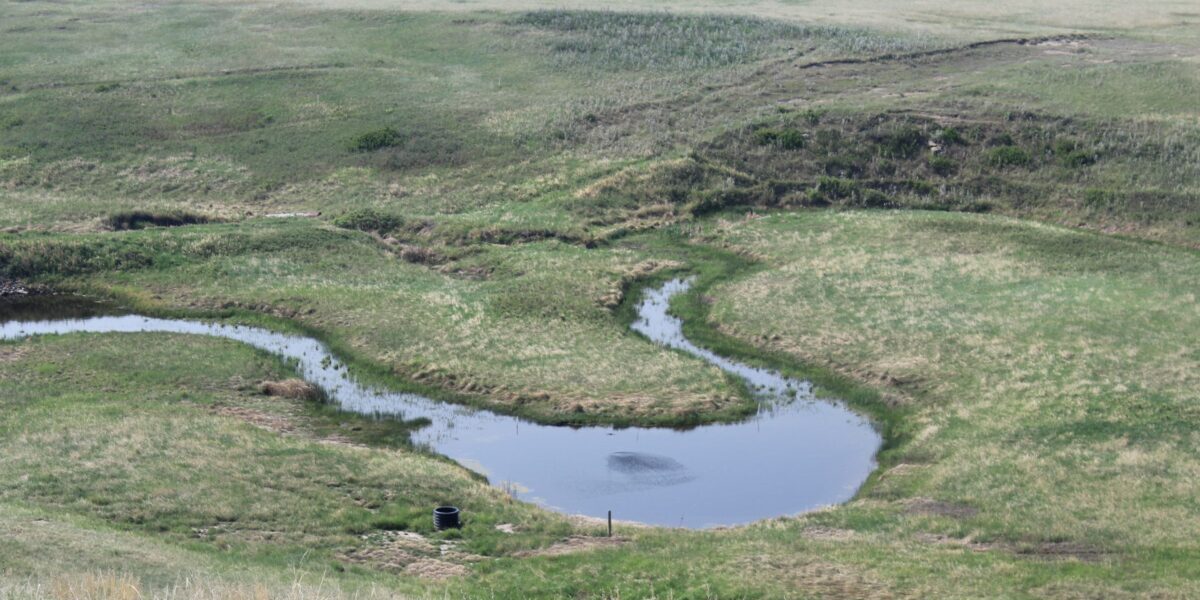AB Direct - Steers
Rail: 530.00 del
AB Direct - Heifers
Rail: 530.00 del
US Trade- Steers
Rail: ---
US Trade - Heifers
Rail: ---
Canadian Dollar
0.14

Canfax Weekly Article | Report for the week of December 4, 2023
Sale volumes were too light to establish a weighted average fed price. Last week, dressed sales and bids were reported from $378-383/cwt delivered, $2/cwt lower than the previous week. Tentatively fed cattle prices are at the lowest point since April.
From a supply perspective, fed calf supplies have started to wind down, while yearling numbers have increased at a faster pace than normal due to dry conditions this past summer.
Last week’s Alberta fed cash-to-futures basis was estimated at -$4.50/cwt, the strongest since August. The few cattle that traded last week would be picked up before the end of the year. U.S. buying interest on the Western Canadian cash market was quiet last week.
The Canfax average feeder steer price was $0.50/cwt lower, while heifer prices eased $2/cwt. Week-over-week, the largest declines were on light weight heifers weight from 300-400 lb, with prices dropping $6/cwt. Last week, Alberta 800-900 pound feeders traded $1-3/cwt softer, prices are $72-$79/cwt higher than last year.
The Western Canadian calf index closed the week $367.88/cwt, steady with the previous week. Alberta auction volumes totaled just over 33,000 head, which is 11,000 head smaller than the same week last year. Canadian feeder cattle exports to the U.S. for the week ending November 18 totaled 4,972 head, 55 per cent larger than the same week last year.
Alberta D2 cows traded fully steady and live trade was reported from $114-$132/cwt. D3 cows averaged $106.75/cwt. Western Canadian cow slaughter for the week ending November 25 was the largest since November 2019.
Last week, butcher bulls traded $2/cwt higher, averaging $146.50/cwt, with a trading range from $129-168/cwt. Canadian butcher bull exports to the U.S. for the week ending November 18 totaled 814 head.
Bull
- Based on the five-year average, Alberta fed basis levels historically strengthens from November to December.
- From their highs a couple of weeks ago, Western Canadian steer carcass weights have declines 21 pounds
- Since the middle of November, choice rib primal values have strengthened 12 per cent
Bear
- U.S. hide prices are below last year, and the five-year average
- United States Department of Agriculture (USDA) is forecasting 2024 U.S. pork production to be 1.9 per cent larger than last year
- North American cow slaughter volumes remain historically large


